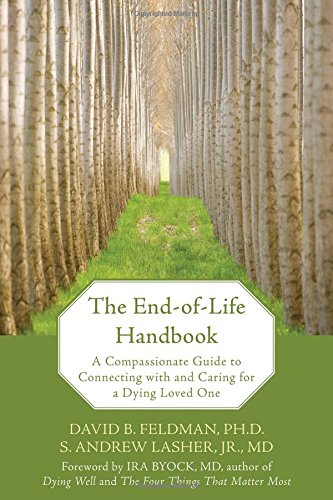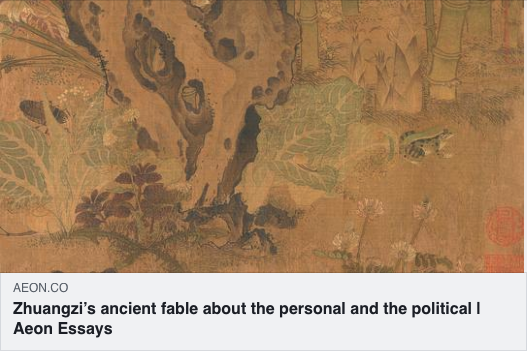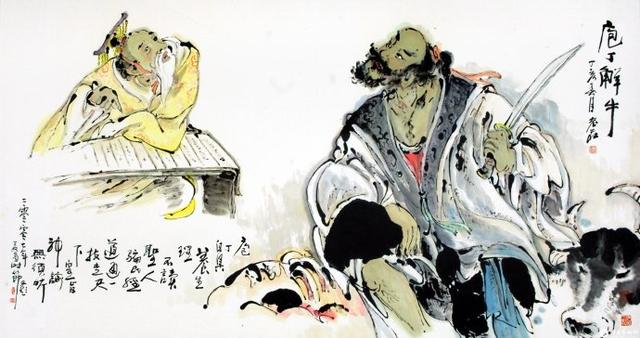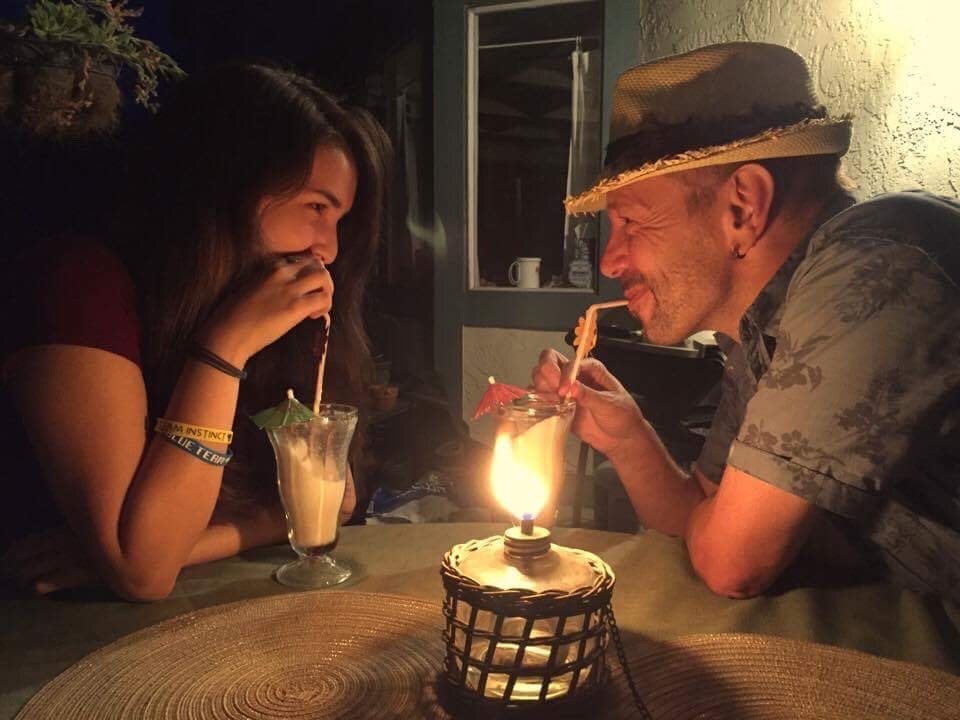What is the meaning of it all?
We’ve been reading The End-of-Life Handbook in our book club on Smart Patients. It’s very good. Lots of practical advice for taking care of someone who is going to die one day (which is all of us). There is a lot about paperwork, treatment decisions, how to talk about difficult topics and how to take care of yourself and other knotty problems that you will probably need help with. I recommend it.
I just read Chapter 11: What is the meaning of it all?
At the start of each chapter, there is a short vignette that tells a little story from a case study. Chapter 11, tells of an elderly woman, Elizabeth, who has an undiagnosed health condition that is making her sick. Her daughter, an ER nurse, becomes her champion and takes her from doctor to doctor, test after test, treatment after treatment while Elizabeth’s health continues to deteriorate. Eventually, Elizabeth announces that she doesn’t want to do this anymore.
Her daughter was stunned. “I thought you wanted to fight this”, she said.
I find this metaphor – “you have to fight” – terribly unhelpful. I think, instead, you have to try to have a good understanding of the choices available and to make decisions that are likely to lead to the best outcomes, even when your information is incomplete.
For my own cancer, a diffuse low-grade glioma, there is very little evidence that surgery is helpful and yet the standard of care is to have surgery. My neuro recommended surgery at our first meeting. Almost everyone I know with a glioma has chosen surgery and many are on their second or third surgery because gliomas almost always recur. Surgery for a brain tumour is very taxing, the recovery is difficult and the benefits are questionable. It’s like the healthcare business has a directive that says something must be done and this is something.
So what is the meaning of it all?
I’ve been studying existentialism for my philosophy degree. Jean-Paul Sartre says that we humans don’t come with any predefined meaning or purpose. We have to find it for ourselves. I find meaning in relationships — family and friends — and in leaving the world a little better than how I found it. I don’t find meaning in racking up more months or years on the calendar.
Sartre also says that once we have found our meaning in life, we are required to make choices to realise that meaning. Most people go through life without ever questioning its meaning and, rather than making choices of their own, they accept whatever option that society or convention or family obligation puts in front of them. To truly live meaningful lives, we must make choices. We are condemned to be free.

I think it’s a shame that our society puts so little emphasis on finding meaning and making choices. It’s a shame that the chapter on meaning is the second to last chapter in a book about the end of life. I expect that more people would lead fulfilling lives if they knew that there were more options available than the school-university-marriage-mortgage-children treadmill that conventional society presents us with.
Using ritual to find meaning
Another part of chapter 11 talks about using ritual to create meaning at the end of life.
I’ve just read an article in Aeon magazine that contrasts the hide-bound rituals of Confucianism with the relative freedom proposed by another Chinese philosopher, Zhuangzi.
This is my first exposure to Chinese philosophy, so forgive me if I am misrepresenting anything.
Confucius recommended a series of rituals to be used to ease the pain of loss when someone dies and to make transitions of all kinds (marriage, business arrangements, political decisions) easier to process. By contrast, Zhuangzi proposed a more free-wheeling approach to life.
Zhuangzi shares a fable to illustrate the limited worldview of someone who knows only ritual.
There is a well-known story in the Zhuangzi, the ‘Fable of a Frog in the Well’. It is a conversation between a well frog and a sea turtle. The frog brags about its own comfortable abode and way of life in a caved-in well to a visiting sea turtle. When the turtle describes for the frog what the sea is like, the frog is completely dumbfounded, not knowing what to make of the turtle’s description. This is a tale about the limited world of the well for the frog in contrast with the limitless world of the sea for the turtle.
Most of us live our lives like a frog who can’t imagine a world outside his well.
Zhuangzi goes on to talk about a butcher, Cook Ding, who creates a ritual way of carving an ox that respects both timeless tradition and the particular circumstances of the task in front of him.
Every touch and every move of Cook Ding’s is conducted in perfect rhythm as if he was performing some grand ancient ritual, a highly scripted and constrained occasion. His execution is exquisite and precise, hitting all the right notes, while smoothly cutting open the ox’s body without hacking his way through.
I find comfort in ritual. When I returned to England a few years ago, I was eager to immerse myself in the ancient rituals of my country: from a pint of beer in front of a roaring fire on a wet Sunday afternoon to the glories of Evensong in the soaring space of Bristol Cathedral. I believe the words of the funeral rite in the Book of Common Prayer have brought comfort to untold millions over the centuries.
But there is a conflict between following rituals and making the choice to live one’s life freely. I expect Sartre would say that rituals are good when they are freely chosen.
I appreciated chapter 11’s suggestions to create personal rituals to ease the pain of loss and to remember the person who has died. My daughter and I have created a few mini-rituals including doing jigsaw puzzles together and drinking cocktails at The Broken Dock.
One day, she will be doing a jigsaw and she will remember me and smile.




